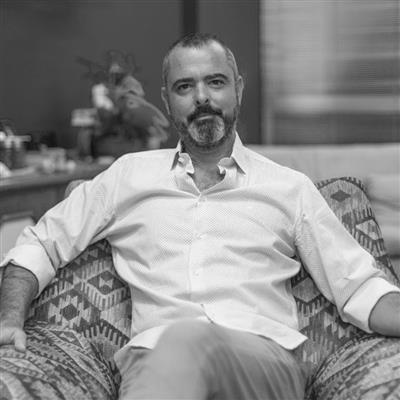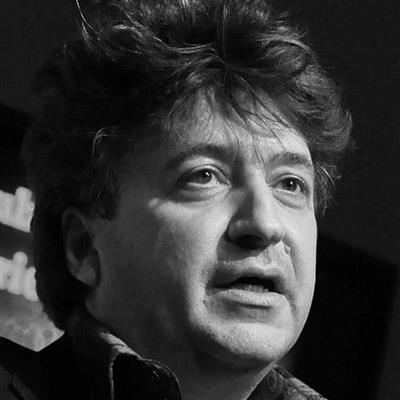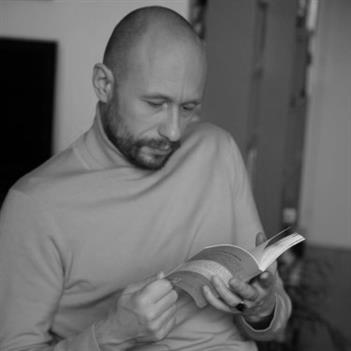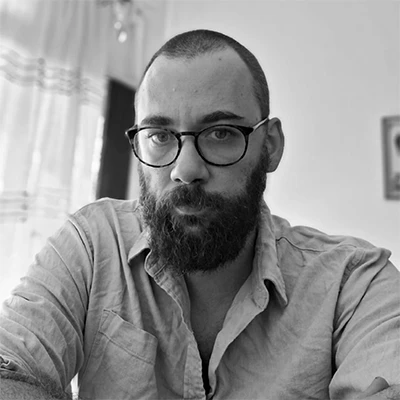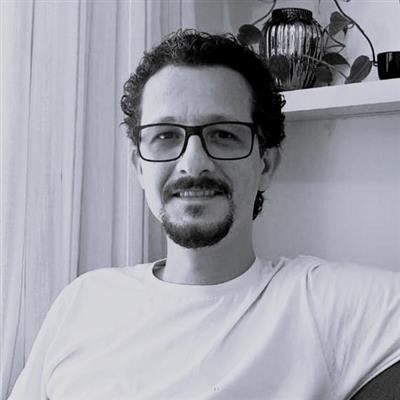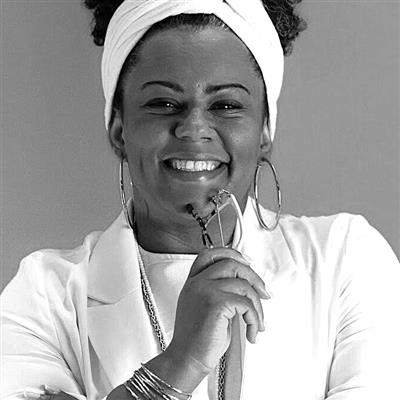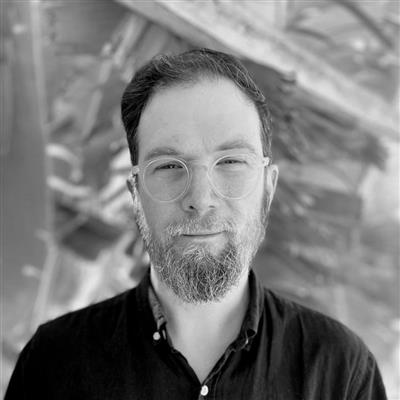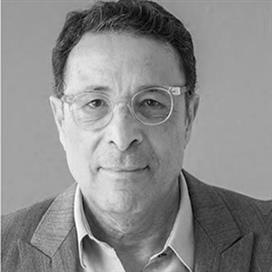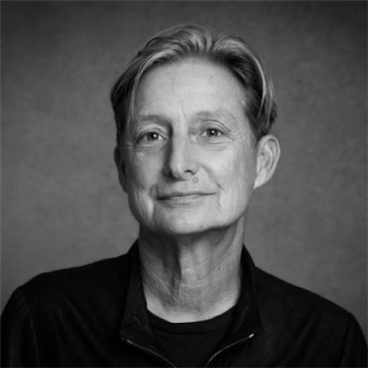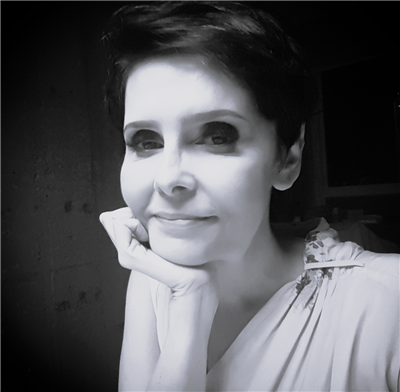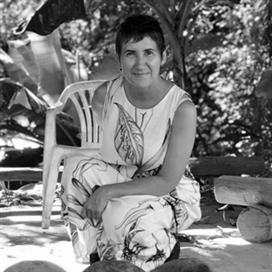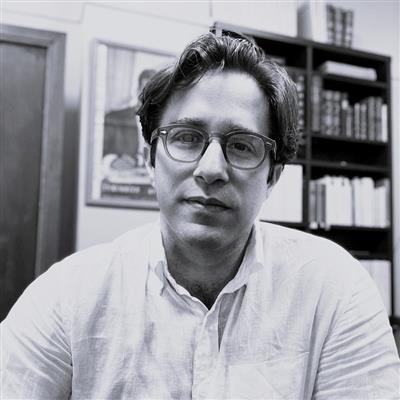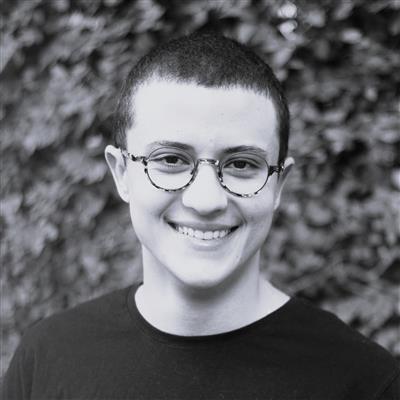1 - History of psychoanalysis
12h of recorded classes + 8h of live discussion
What could be a renewed historical reading of psychoanalysis through its institutional movements, the evolution of its theoretical framework, its conceptual apparatus, its practice, its presence in the city?
We will try to answer this question in this new course based on a bet: we must think about and question the history of psychoanalysis so that it does not close itself off in its past and its dogmas.
Professor: Fabrice Bourlez (France/Belgium)
2 - The 4 fundamental concepts
12h of recorded classes + 8h of live discussion
In his famous Seminar 11, Jacques Lacan proposes an unprecedented redefinition of four concepts that he will qualify as fundamental to psychoanalysis: the unconscious, repetition, transfer, and drive. In this new course, we propose to study these four concepts, revisit their history, consider the connections that unite them, and examine their relevance to contemporary psychoanalytic practice.
Professors: Fabrice Bourlez (France/Belgium) and Mônica Godoy (Brazil)
3 - Freud, from his texts
10h of recorded classes + 5h of live discussion
Sigmund Freud is primarily a doctor and researcher specialized in brain anatomy and the nervous system. It is through articles that he will give to hear, from this starting point, the path he draws and which leads to the invention of psychoanalysis. This course offers an immersion in a part of this Freudian adventure. Professors will each seize an article by Freud and will visit it, question it, extract the guidelines, say how this text feeds the clinic, a research in the process of being done, but also say the limits, the errors that mark out, perhaps, the Freudian text.
Professors: Dany Nobus (UK) Judith Butler (USA), Laurie Laufer (France)
4 - The opening of Lacan's twenty first seminars
40h of recorded classes + 10h of discussion
For several decades Jacques Lacan will provide a teaching especially during his Seminar. He will say repeatedly: he does not seek to transmit a knowledge. His seminar is a space for a psychoanalyst to say, in the position of an analysand.
Lacan closes his text “Psychoanalysis and its teaching” with the following words: “A return to Freud, which provides the material for a teaching worthy of the name, can only be produced by the pathway by which the most hidden truth manifests itself in the revolutions of culture. This pathway is the only training that I can claim to transmit to those who follow me. It is called: a style.”
Teaching: insignis in Latin; what is marked with a sign.
What sign and what style is this Seminar about?
To explore these questions, we propose to study rigorously during this year, each month, the first sentence(s) of a seminar. We will start with the first and continue like this, chronologically until the 20th. This proposal will certainly be the opportunity to trace a possible path within this teaching.
Professor: Benoît Le Bouteiller (France/Brazil)
5 - Psychoanalysis and the contemporary world
9h of live classes
5.1 Decolonizing psychoanalysis - 3h of live classes
Decentering Psychoanalysis - Jalil Bennani (Morocco)
Jalil Bennani proposes a critique of Eurocentrism and colonial psychiatry, as Frantz Fanon did. In order not to be imported, psychoanalysis must be (re)appropriated and thus, should rely on a local geographical, political, cultural, and linguistic context. These are the best possible conditions for a true transmission, considering the future of psychoanalysis which needs to renew itself, reinvent itself, and this is only possible through other horizons.
Race, Gender, and Class - Jaque Conceição (Brazil)
Would this mean making space for the voices silenced by the history of psychoanalytic institutions? Or is it rather about developing a critical perspective on certain attitudes and theories stemming from Freud’s discovery and its effects? Undoubtedly… We believe this necessary movement can emerge through a singular clinical, political, and theoretical practice.
In this course, three psychoanalysts from three different continents will each evoke, from distinct perspectives, a possible embodiment of this decolonization.
5.2 Post-human jouissances
3h of live classes
Professor: Fabrice Bourlez (France/Belgium)
5.3 The autism spectrum
3h of live classes
Autism spectrum: paths toward anti-ableist care in contemporary clinical practice
In this class, we propose a critical exploration of the historical ways in which care and knowledge about the autism spectrum have been constructed, reflecting on both the advances and limitations of current diagnostic practices — including the role of neuropsychological testing — and the importance of a truly interdisciplinary clinical approach. We will discuss the barriers and challenges autistic individuals face in clinical settings and how ableism can shape these interactions. Finally, we will explore strategies to promote anti-ableist care that acknowledges the diversity of human experience and enhances individual uniqueness, moving beyond normative logics of adaptation or normalization.
Professor: Tales Travassos (Brazil)
The effects of late autism diagnoses in girls and women: a journey from exclusion and invisibility to dignity
This involves discussing autism through a gender lens. Highlighting how ableism and psychophobia circulate within Lacanian-oriented psychoanalysis. Focusing on how contemporary psychoanalysts can contribute to the treatment of autistic women. Addressing the possible psychic consequences of late autism diagnoses in women, and the role psychoanalysts can play in this journey of doubt, recollection, assessment, self-discovery, and estrangement.
Professor: Tatiana Gomes (Brazil)
6 - Course on the psychic structures
10h of recorded classes + 5h of live discussion
What is really at stake when thinking about clinical structures in the 21st century? Mônica Godoy and Fabrice Bourlez will delve into the concepts of neurosis, psychosis, and perversion in light of intriguing theoretical and clinical perspectives. The idea is to weave together theory and practice, along with the students, advancing the ethical understanding of a psychoanalytic direction of the treatment.
Professors: Fabrice Bourlez (France/Belgium) and Mônica Godoy (Brazil)
7 - Construction of clinical case
13h30 of live class
The construction of clinical case is a practice that is at the very heart of the history of Freudian discovery. This course is therefore part of this long tradition inseparable from the ethics of psychoanalysis. In this course, each month, one of the professors of the IIP will present in a narrow way a clinical situation resulting from his own analytic practice. It will be for him/her to show and demonstrate the possible construction of the case and extract from it his/hers own invention, between the structure and the singularity. Ample space will be reserved for discussion and debate following this clinical presentation.
Professors: Ceren Korulsan (Turkey), Dany Nobus (United Kingdom), Gabriel Tupinambá (Brazil), Jalil Bennani (Morocco), Jaque Conceição (Brazil), Jed Wilson (USA), Marta Marciano (Brazil), Mônica Godoy (Brazil), Nicolas Tajan (France/Japan)
8 - Time to listen
7h30 of live classes
A one and a half hour session at the end of each two months to collect questions and comments regarding the content of the courses and the formation in general. In this space the word will be listened to in the singularity of each one, as from the ethics of psychoanalysis. These bimonthly meetings are open to the contingency of requests from whoever wishes to do so.
Professor : Hugo Valente (Brazil)
